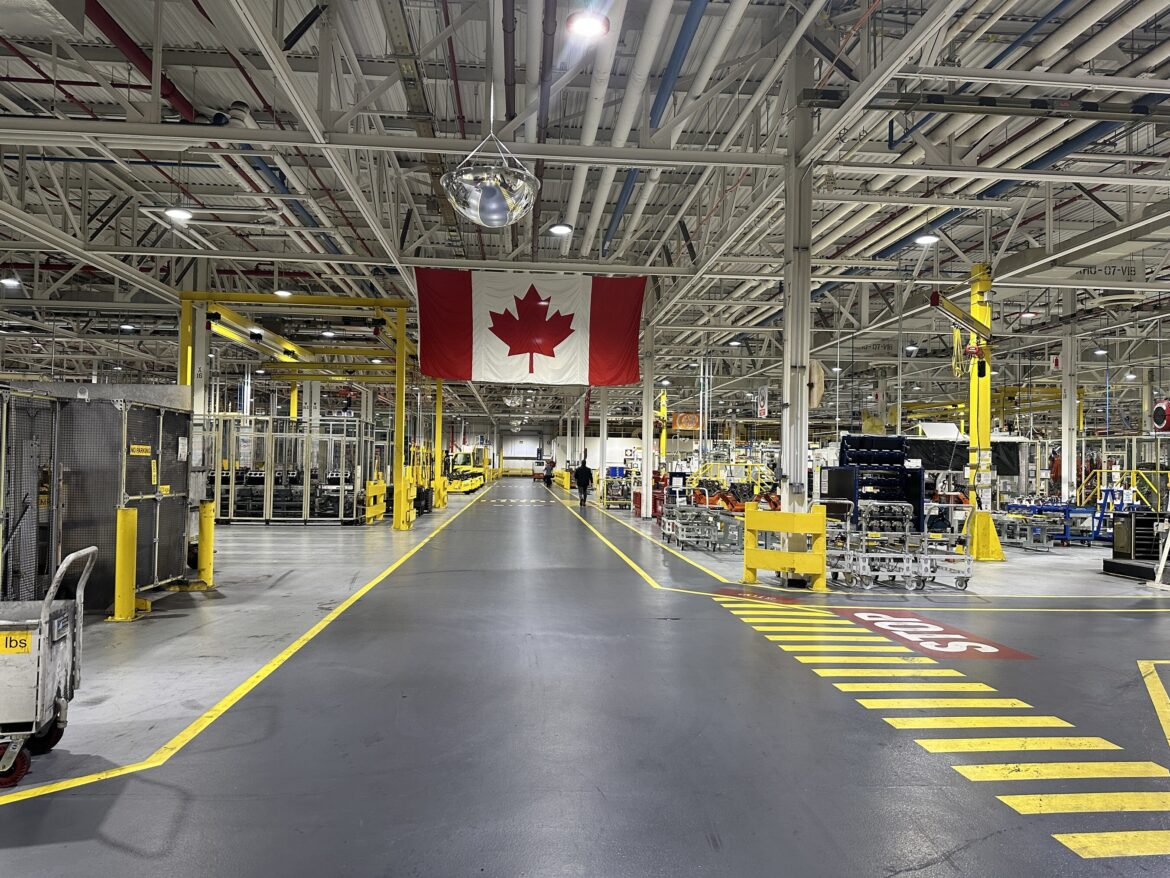Canadian auto workers face mounting uncertainty after U.S. President Donald Trump issued an executive order phasing in new tariffs on auto parts, Unifor’s national president said Wednesday.
The revised tariff scheme creates a “crushing blow” to Canada’s auto supply chain despite maintaining exemptions for some Canadian-made components under the Canada-U.S.-Mexico Agreement, said Lana Payne.
“Trump’s move to tweak his auto tariff plan is nothing but window dressing — it changes nothing for Canadian workers,” said Payne. “This is a deliberate strategy by the U.S. to siphon investment out of Canada and steal our jobs.”
Under the new plan, the U.S. will continue applying 25% tariffs on Canadian parts used in Canadian-assembled vehicles, whether those parts comply with CUSMA origin rules or not.
The order excludes Canadian and Mexican components that comply with CUSMA rules for U.S.-assembled vehicles, creating what Unifor describes as a “convoluted tariff offset scheme” designed to shield American plants while targeting Canadian production.
Industry impact
The union warned that disrupting the integrated Canada-U.S. auto sector could trigger production stoppages within days, affecting workers on both sides of the border.
Canada and the U.S. maintain a nearly balanced automotive trade relationship, while the U.S. imports approximately 3.5 million vehicles annually from outside North America, primarily from Japan, South Korea, and Germany.
“This partial tariff patchwork is reckless. The Canadian and U.S. auto industry is built on seamless cross-border trade and any disruption breeds instability, strains manufacturers financially, and puts people out of work,” said Payne.
Call for government action
Unifor urged Canada’s newly elected federal government to act quickly to protect the industry’s future.
“It’s absolutely critical that our newly elected federal government acts with urgency — not only to protect Canadian autoworkers today but to secure the future of our industry,” Payne said.
The union suggested imposing manufacturing requirements on automakers who want to sell in the Canadian market, noting that Canadians purchase around two million vehicles annually, surpassing the country’s total domestic vehicle production.
“If automakers want to sell vehicles in Canada, they must be required to build here too,” said Payne.
Unifor represents 320,000 workers across major sectors of the Canadian economy, including thousands in the automotive industry.






